Siemens Healthineers is presenting ideas and prototypes for the use of generative AI at the Radiological Society of North America (RSNA) congress. In recent months, software such as ChatGPT has shown that AI is able not only to analyze existing data sets but can also use them to create new content. Many companies are positioning themselves with generative AI in the areas of text or image generation.
Siemens Healthineers does not only focus on image or text applications – it combines them. A chat system loads, links and prepares the appropriate answers, reports and images. This means for example, that by clicking on the medical image, the appropriate area in the report can be highlighted - and vice versa. In addition, reports on diagnostic images are dynamically generated by AI and prioritized according to importance (1). Siemens Healthineers is also working on generative AI for use in customer service and support as well as for training medical staff. This makes generative AI an important part of the so-called "Smart Imaging Value Chain". It includes intelligent data integration along the entire imaging process - from patient history to reporting.
"We are working with Siemens Healthineers, for example to use AI to scan hundreds of databases for information about the patient or their illness by using natural language with the power of large language models and get a clear picture. In the future, using such applications we will be able to identify possible issues in the course of treatment very easily and will be able to incorporate new findings from research into treatment much faster. Some of it is still a vision, but with large language models, such scenarios become conceivable", says PD Dr. Johannes Haubold, Senior Physician for Clinical AI Integration at the University Hospital Essen, Germany (2).
André Hartung, Head of Diagnostic Imaging at Siemens Healthineers, says: "Thanks to our products and the extensive image and text data they generate, we are in a unique position: clinicians can focus more on the medical question and the patient. They lose less time searching through the available data sets. This is just the beginning of our journey to generative AI."
(1) - The features mentioned are under development and is not commercially available. Future availability cannot be guaranteed.
(2) - The statements by Siemens Healthineers’ customers described herein are based on results that were achieved in the customer's unique setting. Because there is no “typical” hospital or laboratory and many variables exist (e.g., hospital size, samples mix, case mix, level of IT and/or automation adoption) there can be no guarantee that other customers will achieve the same results.
Siemens Healthineers pioneers breakthroughs in healthcare. For everyone. Everywhere. Sustainably. The company is a global provider of healthcare equipment, solutions and services, with activities in more than 180 countries and direct representation in more than 70. The group comprises Siemens Healthineers AG, listed as SHL in Frankfurt, Germany, and its subsidiaries.
As a leading medical technology company, Siemens Healthineers is committed to improving access to healthcare for underserved communities worldwide and is striving to overcome the most threatening diseases. The company is principally active in the areas of imaging, diagnostics, cancer care and minimally invasive therapies, augmented by digital technology and artificial intelligence.
In fiscal 2023, which ended on September 30, 2023, Siemens Healthineers had approximately 71,000 employees worldwide and generated revenue of around €21.7 billion. Further information is available at www.siemens-healthineers.com.
*This is a Press release.

 acum 11 luni
46
acum 11 luni
46

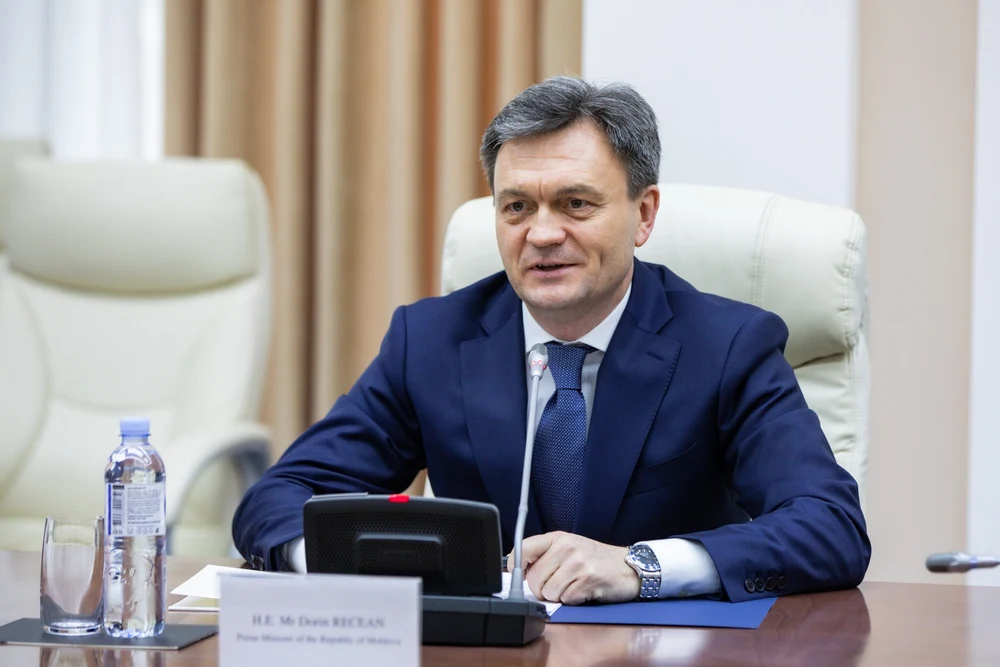



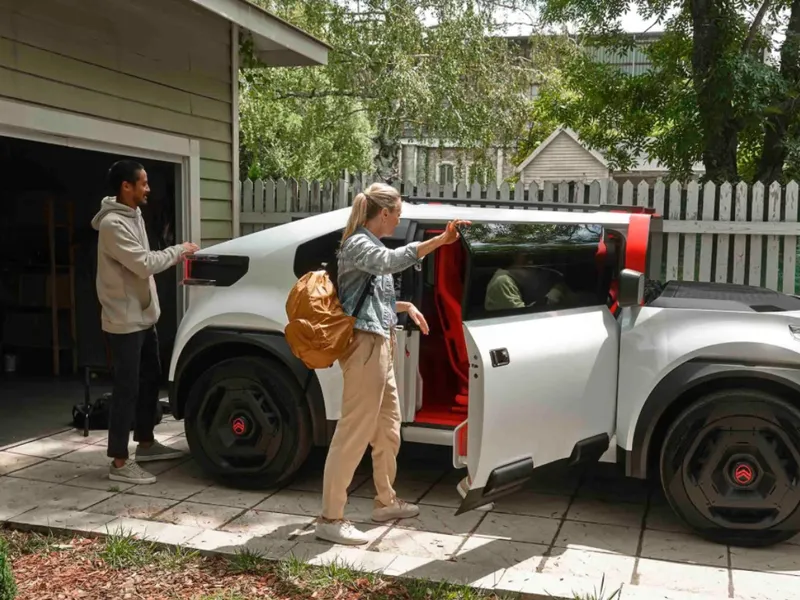


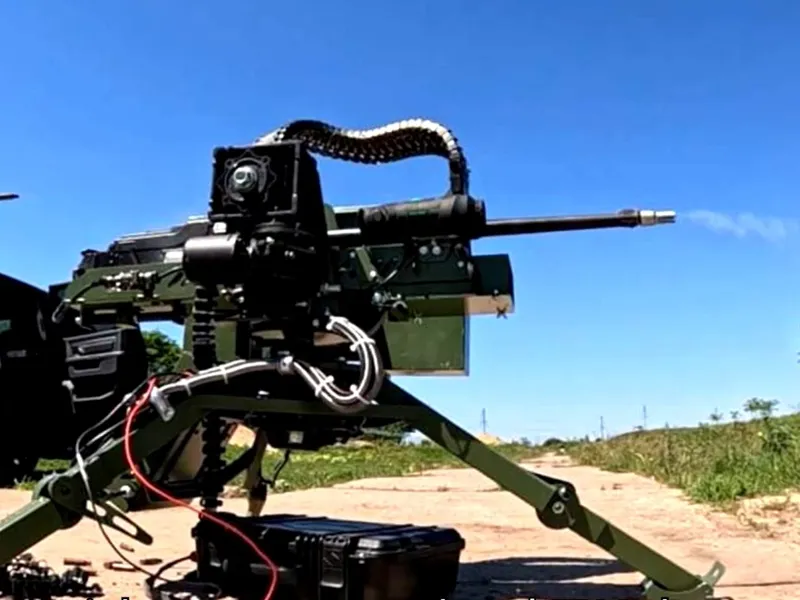








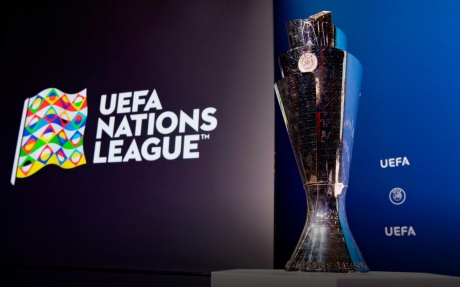

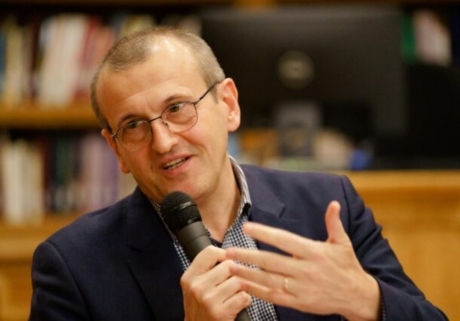
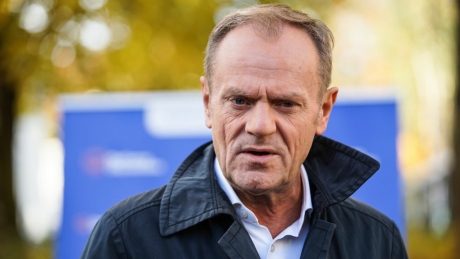


 English (US) ·
English (US) ·  Romanian (RO) ·
Romanian (RO) ·